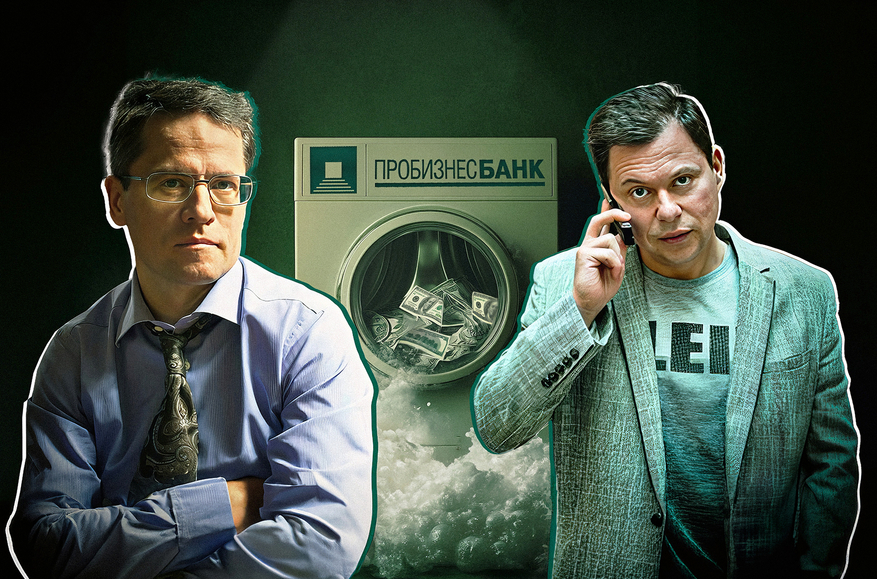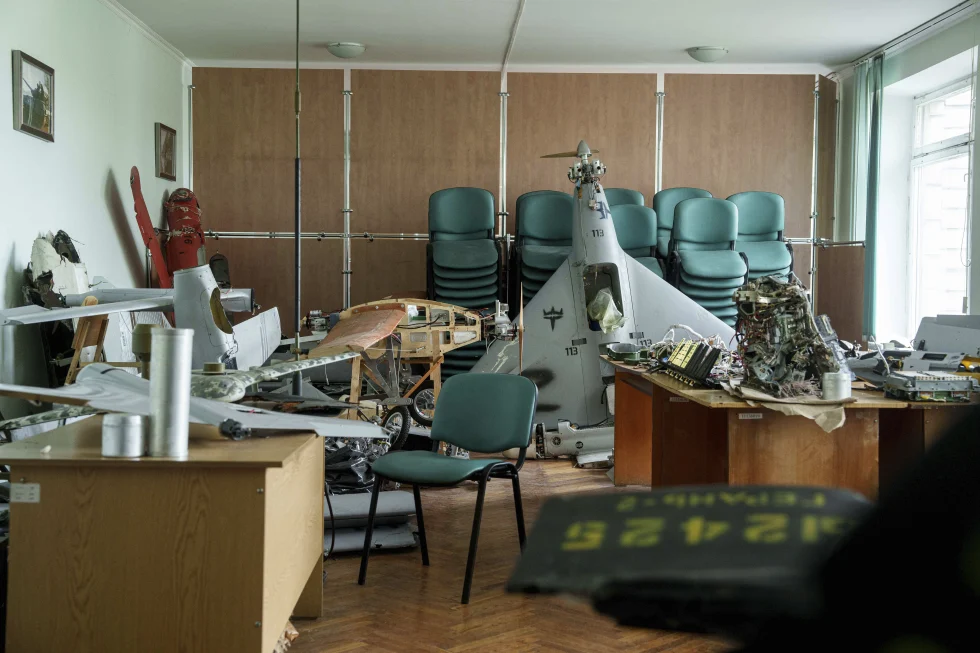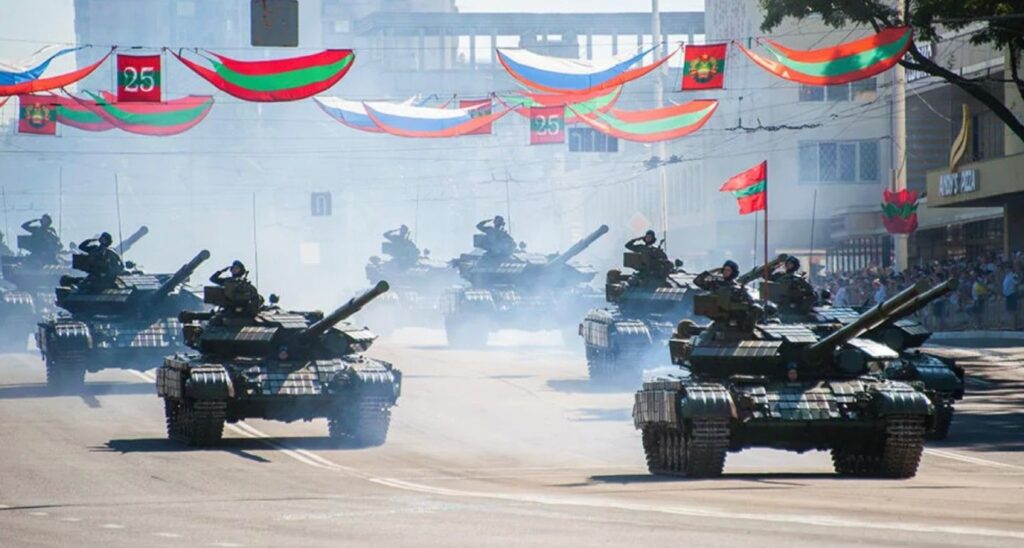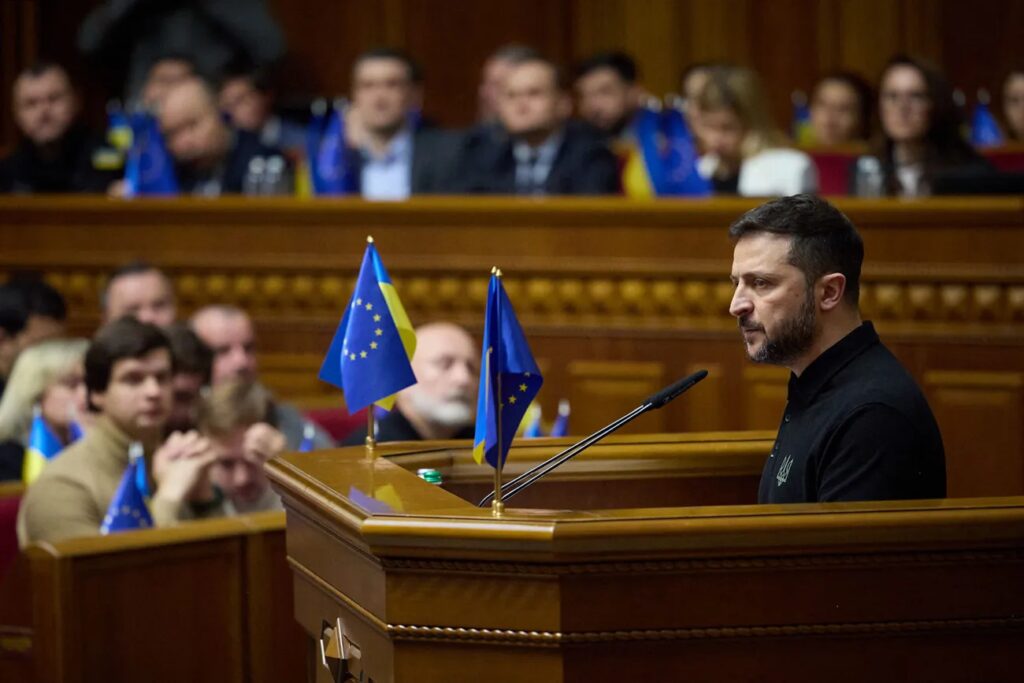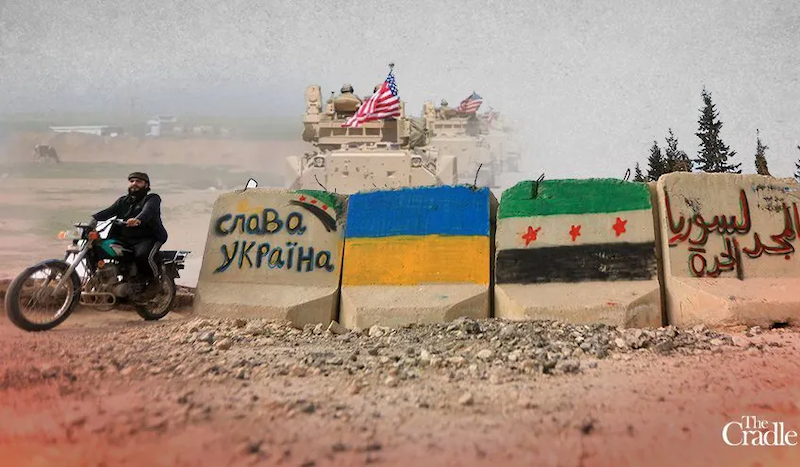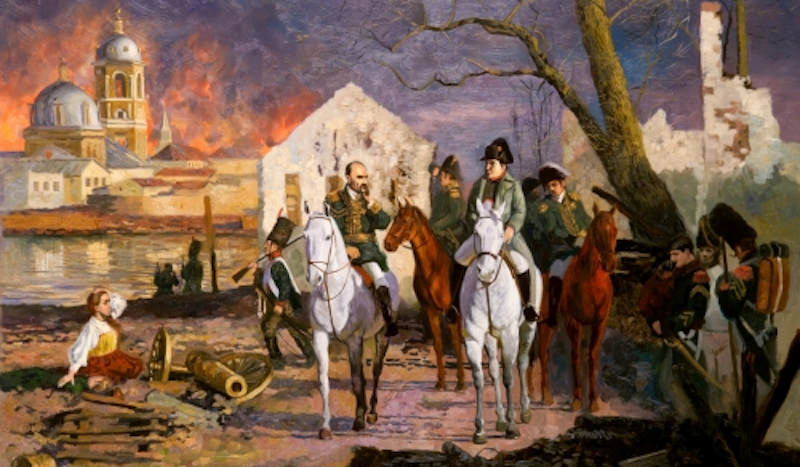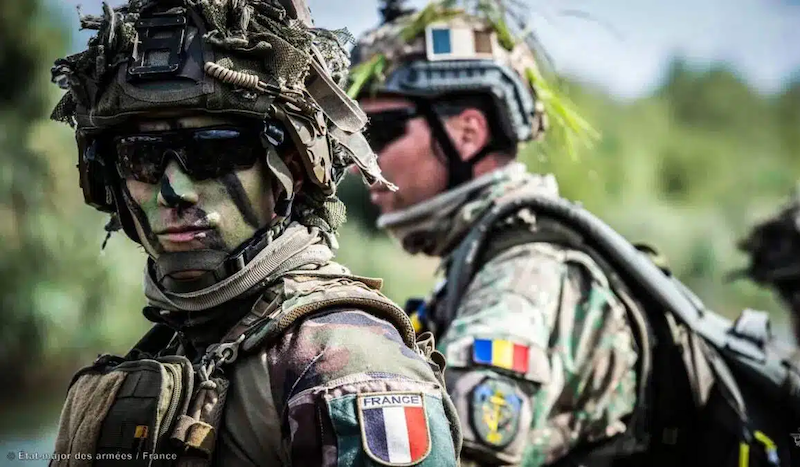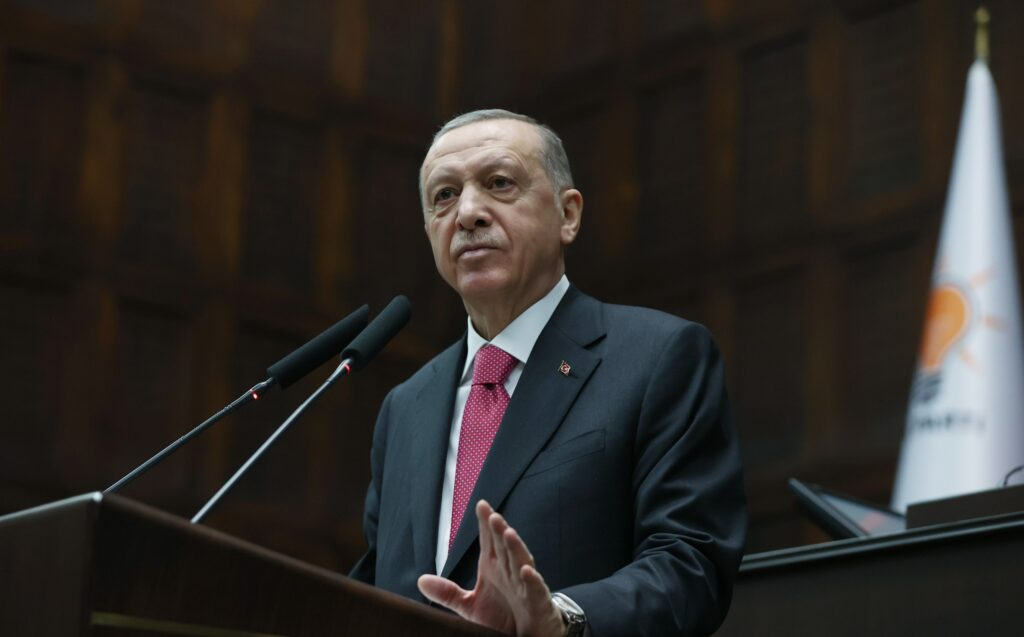Germany was the engine of Europe because it used Russian fuel

The question now hangs in the air: will Berlin reconsider its role with Russia, or let the engine seize up?
Recently, an important Brazilian geopolitical channel invited me to shed some light on the political situation in Europe and especially in Germany. Since I’ve been in Berlin, I’ve also been closely following the reaction of the Brazilian internet public to the decline of the EU and Germany, which is already impossible to hide. As far as I can tell, Brazilians still admire a country they have come to know as a global economic power and “the engine of the European project”, but there is also a growing contempt for the Atlanticist foreign policy that Germany has pursued in recent years, which is seen as forced and not particularly genuine.

